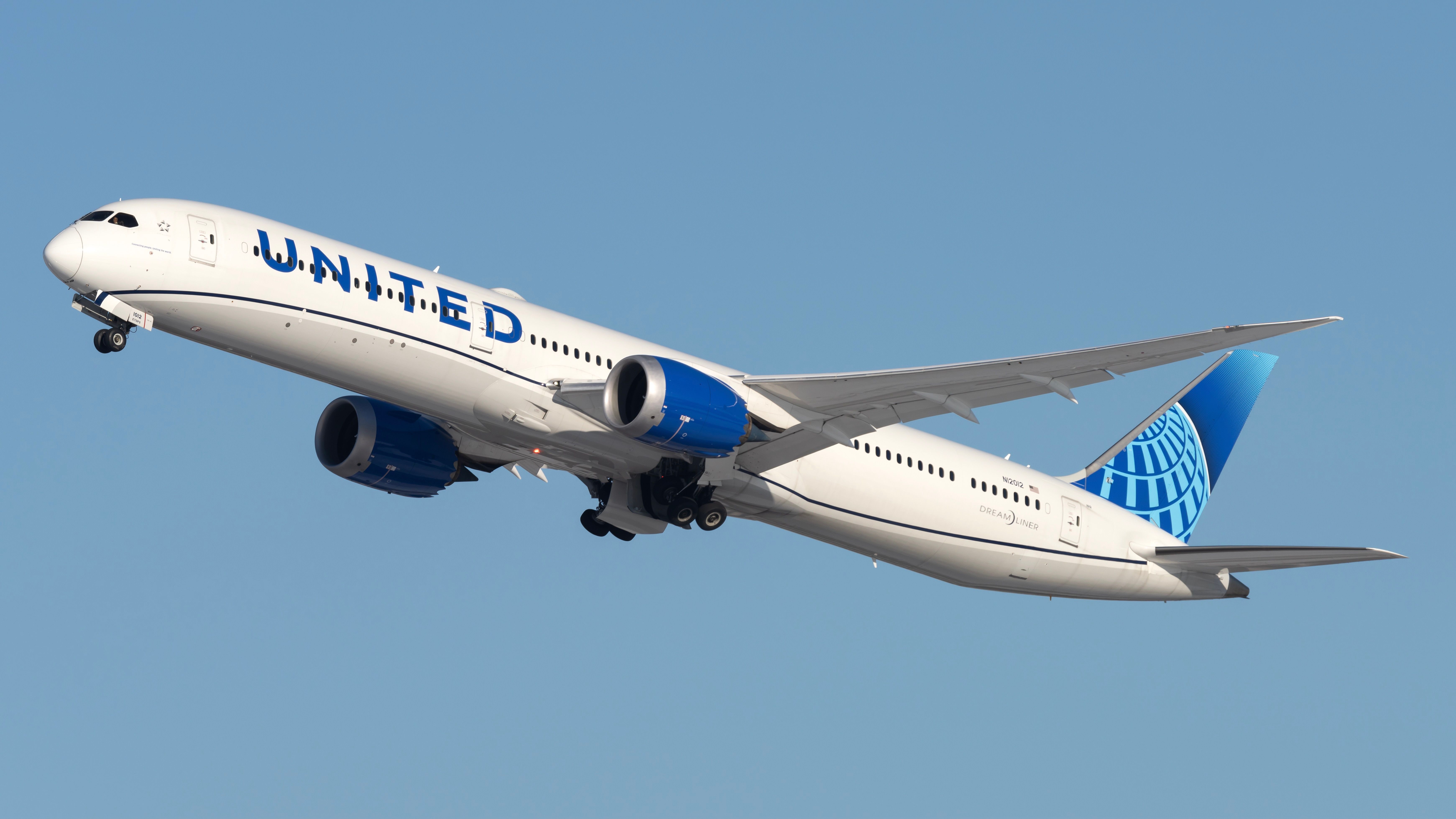United Airlines’ August Widebody Flights Have Fallen More Than Any Other Top 10 Operation
In August 2024, more than 175 airlines have scheduled passenger flights on widebody aircraft. They have 267,200 roundtrip services, equivalent to one in 12 of the world’s flights. Despite the vast quantity – more than 8,600 daily – it is only the third-highest August volume on record.
The top 10 carriers: August 2024
They are summarized below. When flights by the 10 operators are combined, they have 103,862 twin-aisle roundtrip services – about 39% of the world’s total. Notably, while all widebody flights are still lower than previously, those by the top 10 carriers have increased and are at a record level. They are up by about 3% compared to August 2023 and the pre-pandemic 2019.
Unsurprisingly, only Turkish Airlines is present from Europe (its Istanbul Airport hub is on the European side of the Bosporus), with some of its flights now on its new 492-seat Boeing 777-300ER. The significance of the domestic market for Chinese and Japanese airlines is clear. While United Airlines and Delta Air Lines made the cut, American Airlines did not. It is 15th globally.
It would be easy to conclude that the decline reflects the delay in many Boeing aircraft deliveries, but this primarily affects narrowbodies rather than widebodies. Delays to Boeing 787 deliveries have been minimal, with a great air-to-air photo of a 787-9 shown above.
Using Cirium to examine United’s August 2024 schedule shows that domestic twin-aisle flights have reduced by 29.2% year-on-year, while international service has increased marginally. Because of this, United’s average August widebody stage length has risen from 3,611 nautical miles (6,688 km) to 3,871 nautical miles (7,169 km). This is not a big jump as it was influenced by the longer domestic routes on which they were deployed.
Only the Boeing 767-400ER has more flights this August than last year (+11%). All the other types and variants have fewer roundtrips, none more so than the 318-seat 787-10. Services on that variant are down by 15%.
While the 787-10 does operate domestically in the summer month, such flights are two-thirds lower than last year. Even international flights on it are lower (-3.9%), which is entirely because of the Israel-Gaza war, which means Tel Aviv has far fewer services. If the city is removed from the analysis, international 787-10 flights have grown by 8.1% year-on-year.
